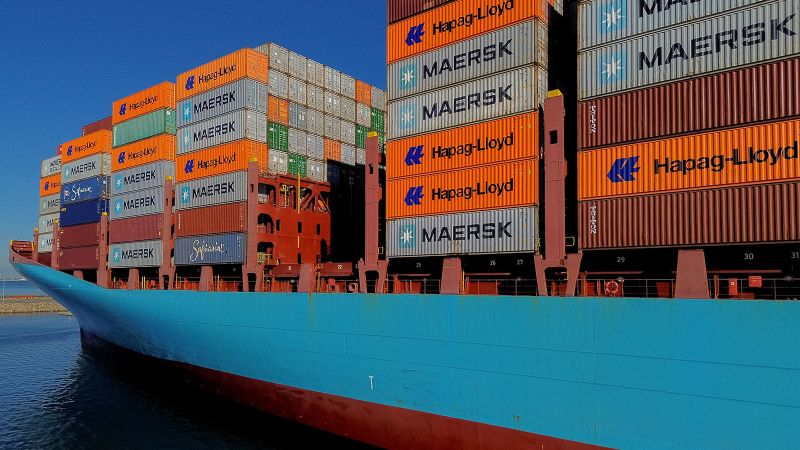
Impact of Recent Tariffs on Imported Goods in the United States
Politics | 8/19/2025
President Donald Trump has recently imposed a 50% tariff on steel and aluminum, resulting in increased costs for a wide range of imported goods in the United States. This move is expected to impact various everyday items, including deodorant and butter knives. The tariff hike has sparked concerns among consumers and businesses alike, as prices are likely to rise significantly.
The newly implemented tariffs are part of President Trump’s ongoing trade policies, which aim to protect American industries and jobs by levying extra charges on imported goods. While proponents argue that these measures safeguard domestic production, critics warn that they could lead to higher prices for consumers and potential retaliatory actions from affected countries.
A White House official, speaking on the condition of anonymity, defended the tariff increase, stating that it is a necessary step to address trade imbalances and protect national interests. However, industry experts have expressed apprehension about the broader economic implications of such tariffs, particularly in terms of consumer spending and international trade relationships.
The impact of these tariffs extends beyond specific products like deodorant and butter knives, affecting a wide array of goods that rely on steel and aluminum in their production processes. As tensions escalate in the global trade arena, the long-term effects of these protectionist measures remain uncertain, with businesses and consumers bracing for potential price hikes and market disruptions.
In conclusion, President Trump’s decision to impose additional tariffs on imported steel and aluminum has triggered a ripple effect across various sectors, with common items facing increased import costs. The implications of these tariffs go beyond immediate price changes, raising questions about the broader economic consequences and future trade dynamics in an increasingly interconnected global market.


